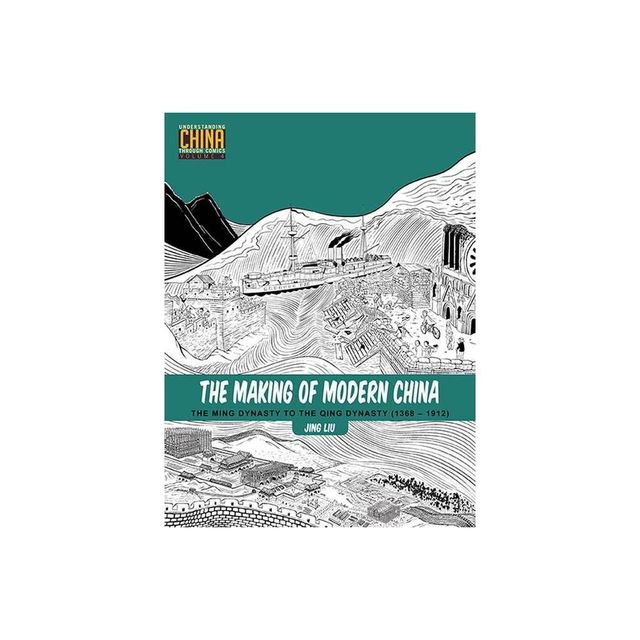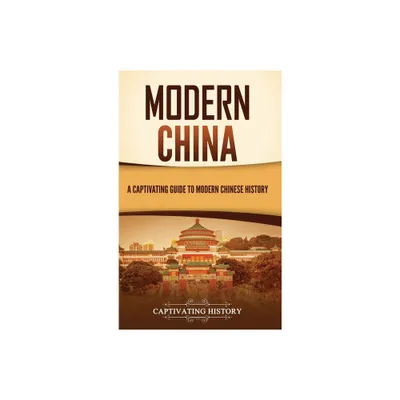Home
Fuzhou Protestants and the Making of a Modern China, 1857-1927
Loading Inventory...
Barnes and Noble
Fuzhou Protestants and the Making of a Modern China, 1857-1927
Current price: $85.00


Barnes and Noble
Fuzhou Protestants and the Making of a Modern China, 1857-1927
Current price: $85.00
Loading Inventory...
Size: OS
*Product Information may vary - to confirm product availability, pricing, and additional information please contact Barnes and Noble
In this groundbreaking examination of Chinese Protestants and their place in the history of modern China, Ryan Dunch focuses on the Fuzhou area of southeast China from the mid-nineteenth century until 1927, when a national revolutionary government was established. Though accounting for only a small proportion of the population, Protestants occupied a central place in Fuzhou’s political, intellectual, and social life, Dunch contends. He shows how Chinese Protestants, with a distinctive vision for constituting China as a modern nation-state, contributed to the dissolution of the imperial regime, enjoyed unprecedented popularity following the 1911 revolution, and then saw their dreams for social and political change dashed.
Dunch draws on previously untapped Chinese-language sources and on mission archives and publications to understand how Chinese Protestants saw themselves and to situate them within local Chinese society. He explores how the missionary presence diffused not only religion but also notions of nationalism and identity and models of political ritual. The book concludes with a discussion of the discrediting of Protestant nationalism and the frustration of Protestant hopes for China’s swift conversion to Christianity.
Dunch draws on previously untapped Chinese-language sources and on mission archives and publications to understand how Chinese Protestants saw themselves and to situate them within local Chinese society. He explores how the missionary presence diffused not only religion but also notions of nationalism and identity and models of political ritual. The book concludes with a discussion of the discrediting of Protestant nationalism and the frustration of Protestant hopes for China’s swift conversion to Christianity.


















